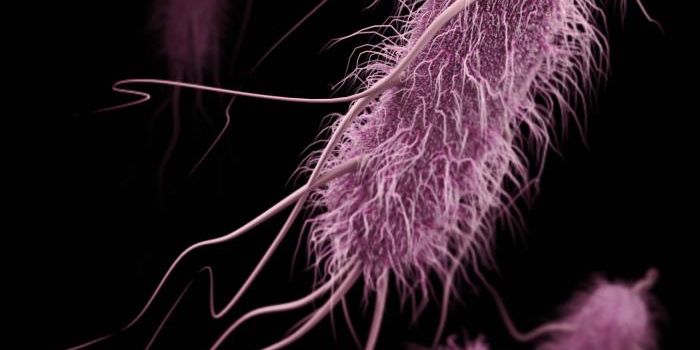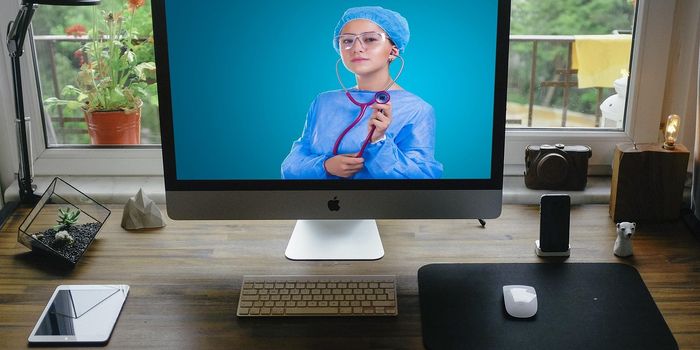Most Omicron-Infected People Are Unaware of Their Infection
Since the start of the pandemic, researchers and clinicians have warned that not everyone who is infected with SARS-CoV-2, the virus that causes COVID-19, will experience symptoms. A new antibody analysis of blood samples has suggested that nearly 60 percent of people who are infected with the Omicron variant don't know it, and have no symptoms. The findings have been reported in JAMA Network Open.
"More than one in every two people who were infected with Omicron didn't know they had it," said corresponding study author Susan Cheng, MD, MPH, director of the Institute for Research on Healthy Aging at the Smidt Heart Institute at Cedars-Sinai. "Awareness will be key for allowing us to move beyond this pandemic."
This study has added to the evidence that people who are infected but not diagnosed can continue to transmit the virus, noted first study author Sandy Y. Joung, MHDS, an investigator at Cedars-Sinai. "A low level of infection awareness has likely contributed to the fast spread of omicron."
Previous studies have suggested that more than anywhere from 25 to 80 percent of people who are infected with SARS-CoV-2 have no symptoms.
In this study, researchers began obtaining blood samples from volunteers for this study over two years ago, then expanded study enrollment in the fall of 2021, just before Omicron appeared on the scene. Samples from 2,479 people were collected. Antibody analysis indicated revealed that 210 of those people were infected with the Omicron variant.
Interviews and surveys were done with the study participants to assess their health. Of those who were found to be infected based on the antibody study, 56 percent of them were unaware of any infection. Only ten percent of those people had any type of symptoms that could have been attributed to some kind of infection like a cold.
Additional work would be needed to determine exactly why people are ignorant of their infection. They may never know they are exposed, or may not test themselves after exposure if they feel fine. Other people may not want to get tested when they have no symptoms after an exposure because if they don't feel sick, they can continue to go to work, school, or fulfill other obligations without concern.
"We hope people will read these findings and think, 'I was just at a gathering where someone tested positive,' or, 'I just started to feel a little under the weather. Maybe I should get a quick test.' The better we understand our own risks, the better we will be at protecting the health of the public as well as ourselves," said Cheng.
Sources: Cedars-Sinai Medical Center, JAMA Network Open









